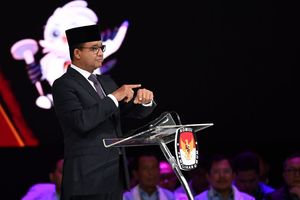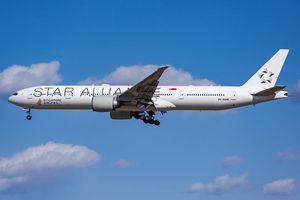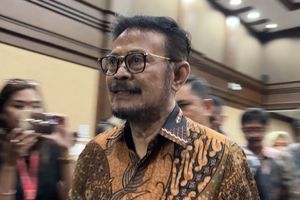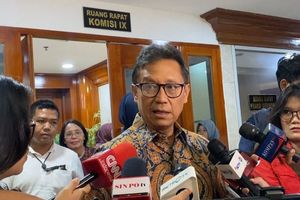Phone Call by Kuwaiti Courier Led to bin Laden
It took years of work before the CIA identified the courier's real name: Sheikh Abu Ahmed, a Pakistani man born in Kuwait. When they did identify him, he was nowhere to be found. The CIA's sources didn't know where he was hiding. Bin Laden was famously insistent that no phones or computers be used near him, so the eavesdroppers at the National Security Agency kept coming up cold.
Ahmed was identified by detainees as a mid-level operative who helped al-Qaida members and their families find safe havens. But his whereabouts were such a mystery to U.S. intelligence that, according to Guantanamo Bay documents, one detainee said Ahmed was wounded while fleeing U.S. forces during the invasion of Afghanistan and later died in the arms of the detainee.
But in the middle of last year, Ahmed had a telephone conversation with someone being monitored by U.S. intelligence, according to an American official, who like others interviewed for this story spoke only on condition of anonymity to discuss the sensitive operation. Ahmed was located somewhere away from bin Laden's hideout when he had the discussion, but it was enough to help intelligence officials locate and watch Ahmed.
In August 2010, Ahmed unknowingly led authorities to a compound in the northeast Pakistani town of Abbottabad, where al-Libi had once lived. The walls surrounding the property were as high as 18 feet (5.5 meters) and topped with barbed wire. Intelligence officials had known about the house for years, but they always suspected that bin Laden would be surrounded by heavily armed security guards. Nobody patrolled the compound in Abbottabad.
In fact, nobody came or went. And no telephone or Internet lines ran from the compound. The CIA soon believed that bin Laden was hiding in plain sight, in a hideout especially built to go unnoticed. But since bin Laden never traveled and nobody could get into the compound without passing through two security gates, there was no way to be sure.
Despite that uncertainty, intelligence officials realized this could represent the best chance ever to get to bin Laden. They decided not to share the information with anyone, including staunch counterterrorism allies such as Britain, Canada and Australia.
By mid-February, the officials were convinced a "high-value target" was hiding in the compound. President Barack Obama wanted to take action.
"They were confident and their confidence was growing: 'This is different. This intelligence case is different. What we see in this compound is different than anything we've ever seen before,'" John Brennan, the president's top counterterrorism adviser, said Monday. "I was confident that we had the basis to take action."
Options were limited. The compound was in a residential neighborhood in a sovereign country. If Obama ordered an airstrike and bin Laden was not in the compound, it would be a huge diplomatic problem. Even if Obama was right, obliterating the compound might make it nearly impossible to confirm bin Laden's death or gather valuable intelligence material on al-Qaida.
Said Brennan: "The president had to evaluate the strength of that information, and then made what I believe was one of the most gutsiest calls of any president in recent memory."






















